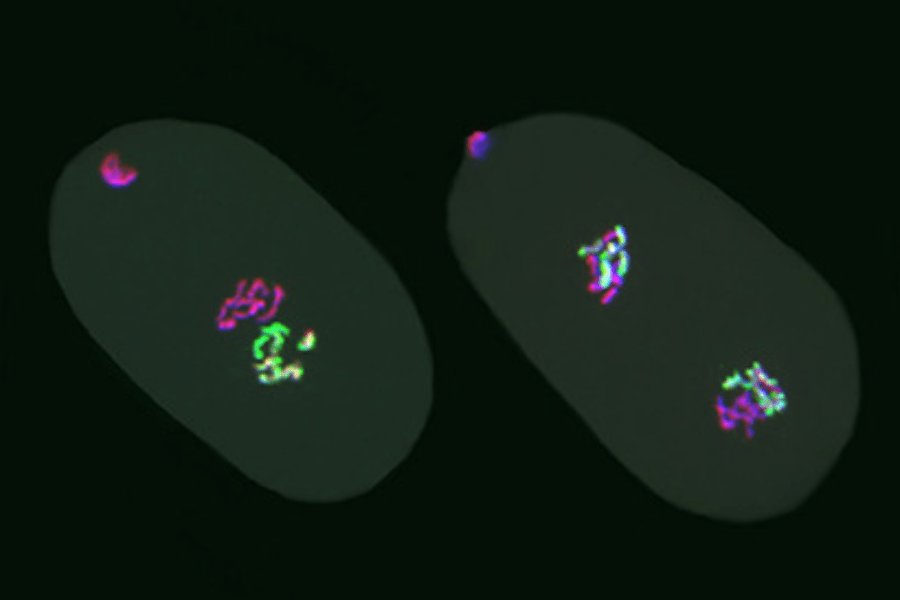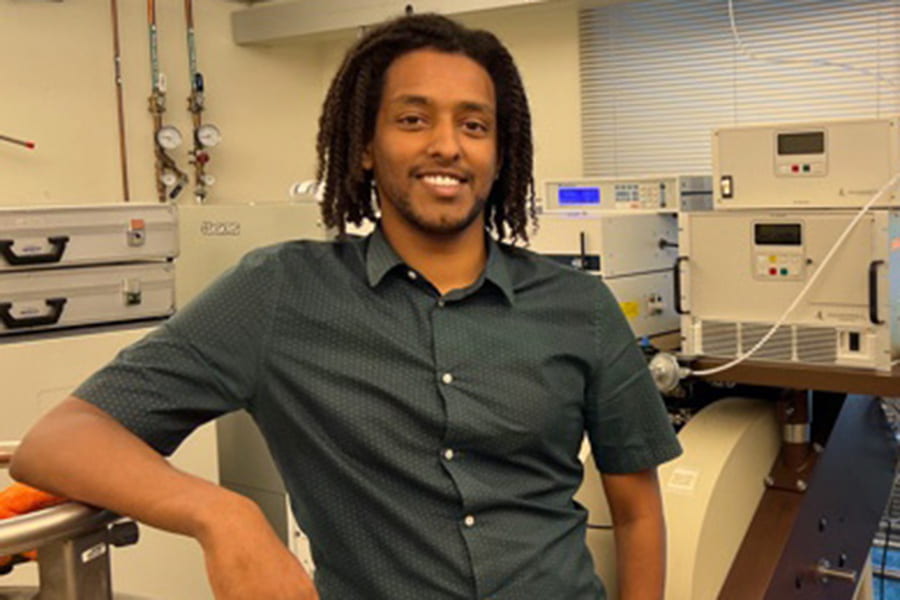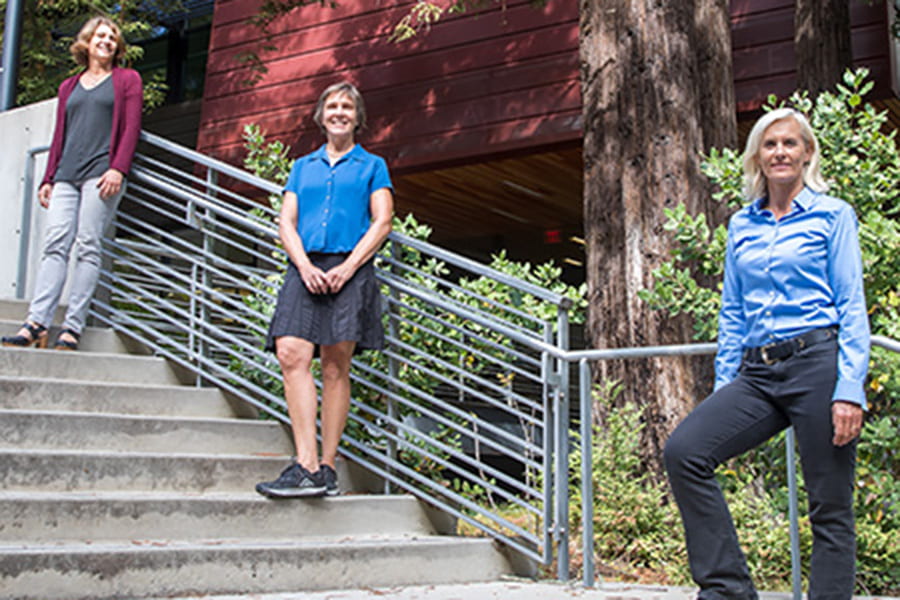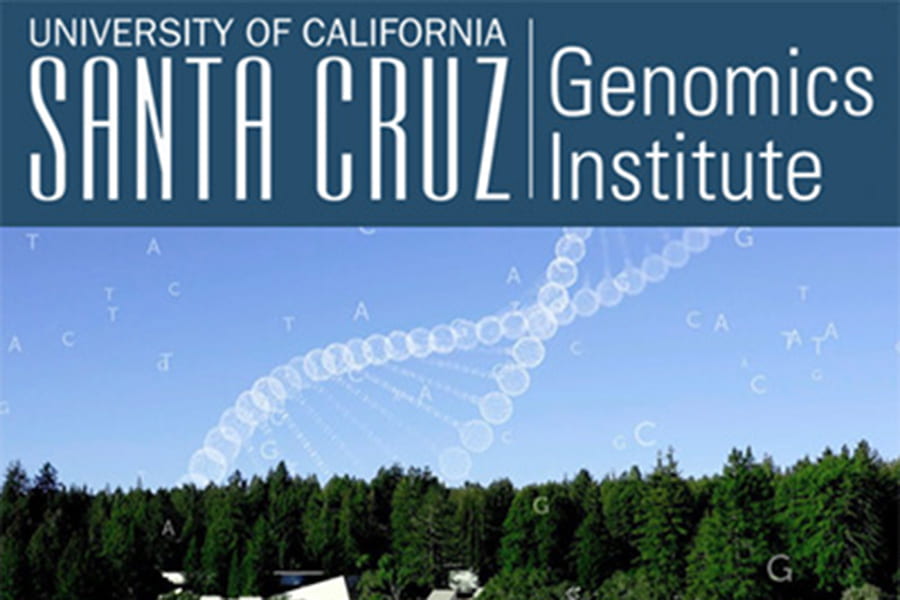New study shows transmission of epigenetic memory across multiple generations
A new study by researchers at UC Santa Cruz shows how a common type of epigenetic modification can be transmitted via sperm not only from parents to offspring, but to the next generation (“grandoffspring”) as well. This is called “transgenerational epigenetic inheritance,” and it may explain how a person’s health and development could be influenced by the experiences of his or her parents and grandparents.












